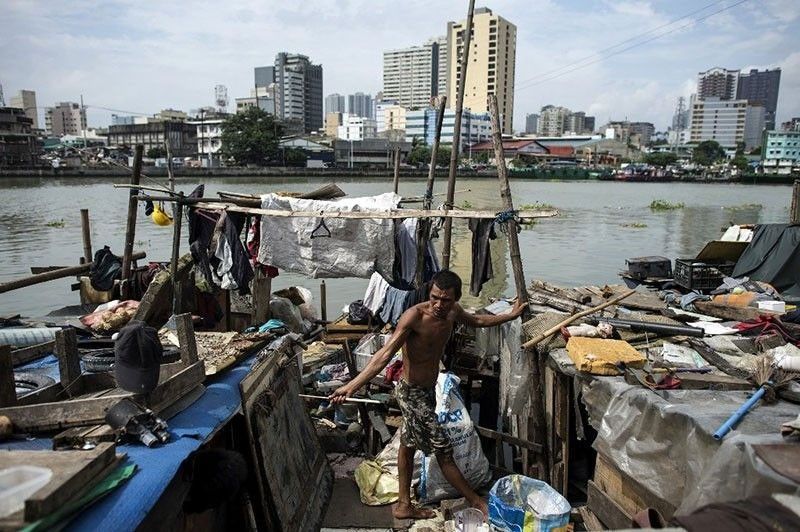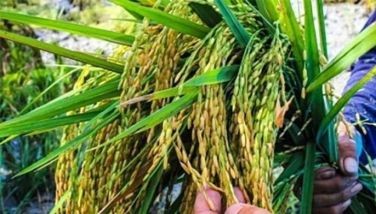‘Single-digit poverty rate unlikely by 2028’

MANILA, Philippines — The Marcos administration faces hurdles in meeting its 2028 single-digit poverty rate target, with persistent informality in the local labor market presenting a significant challenge, according to research and advocacy group IBON Foundation.
Despite the percentage of people considered poor declining to 22.4 percent in the first semester of this year from 23.7 percent in the same period in 2021, the challenge persists.
In nominal terms, there were 25.24 million Filipinos who were considered poor in the first six months of the year.
IBON argued that the comparative period was when the Philippines was still suffering from the pandemic-induced lockdowns.
“It has to be stressed that this is not a constructive action to reduce poverty and is just a passive lowering of restrictions on economic activity that were too harsh and too long to begin with,” IBON said.
“After a year-and-a-half already of the economy reopening, and despite growth hyped as among the fastest in Asia, the government should be asking why poverty is still above pre-pandemic levels,” it said.
At the start of the Marcos administration, the economic team set an ambitious goal of hitting a single-digit poverty rate by 2028. However, IBON does not see this as doable.
“Poverty is stubborn from high disguised joblessness and because there is so much informality in the economy,” IBON said.
As such, the group maintained that substantial amounts of cash assistance would provide momentary relief for poor families and can reduce officially reported poverty.
This is the biggest achievement of the likes of the Pantawid Pamilyang Pilipino Program which has grown from just P5 billion in 2009 to P103 billion this year.
“That kind of statistical improvement in poverty figures is artificial though and sustainable poverty reduction comes from more jobs and better incomes for every Filipino,” IBON said.
“Poverty persists not because there are not enough welfare programs but because the economy is not creating enough jobs and incomes for mostFilipinos,” it said.
- Latest
- Trending























